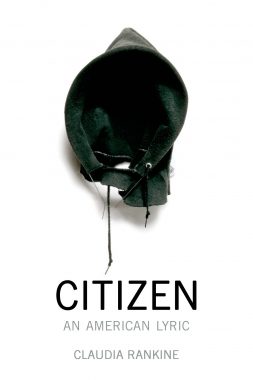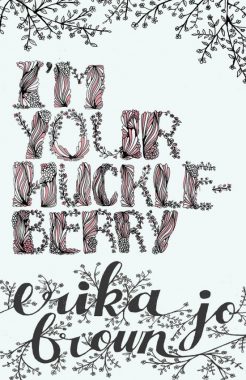This seven-part poem, designed as a set of instructions written at an indeterminate time, comprises a roadmap that assists through the journey of adolescence. What’s really interesting about these directives to the twelve-year-old self, however, is that they could be supplied reasonably and with great acclaim and gratitude to any magazine-page-flipping, romantic heart full of yearning of any age. These lines are truly by, for, and to any boy-loving soul with access to a mirror. “Some boys will only try to kiss you to get rid of the dust in their lips,” the narrator assures the reader from the very first line. “Don’t let them. You are not a vacuum.”
True. We are not. One is reminded of Alice Walker’s “Never Offer Your Heart to Someone Who Eats Hearts,” (link http://wordsfortheyear.com/2014/11/02/never-offer-your-heart-to-someone-who-eats-hearts-by-alice-walker/) with its more visceral feasting upon the tender flesh that this work, removed and clinical, wise and sure, vows to protect. If one pays attention to Klein’s narrator’s rules, never will “he” “sop up your grief/with bread/and send it shuttling/from side to side/in his mouth/like bubblegum.” Klein’s twelve-year-old instead seems to pop her bubblegum in a bored sort of way as she listens to the seven tenets of relational wisdom.
Upper-case roman numerals delineate the rules as listed, for extra seriousness. There is a tone, however, within the rules that seems to mock or otherwise upbraid the twelve-year-old for not having yet assimilated the lessons (“put on that silly music you love while you put your make up on how you like it, not how he does”). The “he” here serves as both romantic idol and internalized conscience and arbiter; the reader wonders whether “he” indeed is part of the very twelve-year-old who needs to learn that “[m]irrors can cut you without being broken.”
The poem advises the reader to “Hit him back. Hard” as a final instruction. But prior to that, the narrator/rule-maker provides the most sublime action of the entire work: “On the days you can’t be a poet, be a poem instead.” Transforming insecurity into instructions that elevate themselves to the level of verse is the realization of this advice in action. This brilliant set of directives seem almost commonsensical at first, “but only if you hold them the wrong way.” Tilted properly, what shines through these lines is lessons learned, love for self and not for sadness, and a healthy embrace of what is whole, complete, and eternal.[author] [author_image timthumb=’on’]http://minotaursspotlight.com/wp-content/uploads/2013/08/rose_koch_133.jpg[/author_image] [author_info]Rosemarie Koch earned her MFA in Poetry from Arcadia University in 2013 – the culmination of a lifelong dream. For her, poetry is an art form that crosses all forms, and is also a great source of joy – both reading it and writing it. She has recited Hopkins’ “Windhover” at many poetic and non-poetic gatherings, regards William Blake and Emily Dickinson as close personal friends, and finds poetry in everything she hears and sees. Her work with Minotaur’s Spotlight is an extension of her love of verse. [/author_info] [/author]




